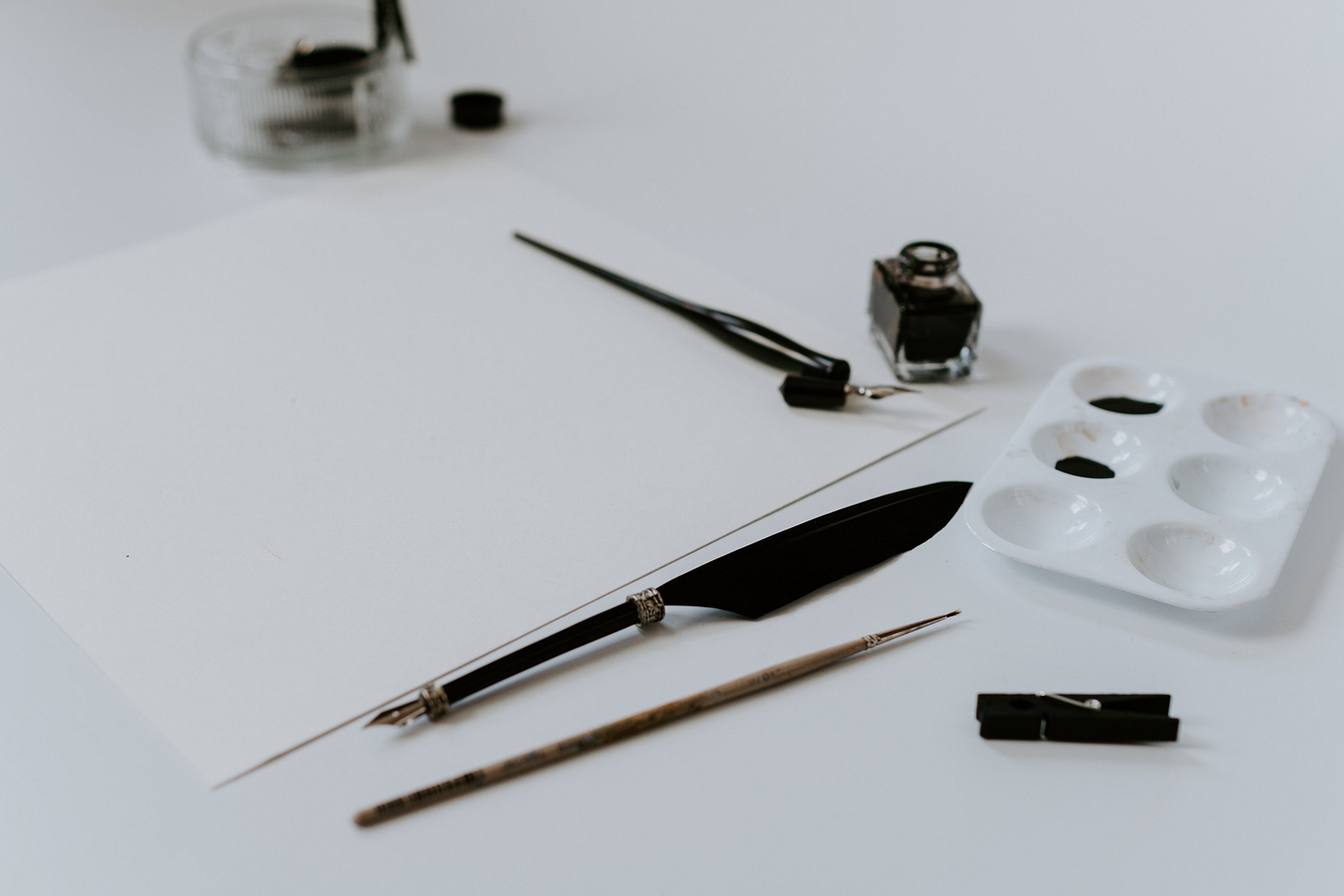Poiesis
Something that wasn't there.
As a student of literature, I was introduced to the word, poiesis, as a literary theory. Later I studied it as a sign theory (semiotics). But beyond the philosophy of it, I fell in love with the word and its simple meaning of creation of something that didn’t exist before. Poetry is also a form of poiesis. And so is all art.
Very early on, I knew that I will work as a creator of things, of ideas, of art. Before I knew what I wanted to do in life, I knew that I wanted to do something with my hands. I wanted to write, sketch, paint, craft. I wanted to play an instrument, and do photography, calligraphy, pottery, baking, gardening. I wanted to learn sign language. I was fascinated by local artisans. Eventually, the love of language and writing took over and I began my journey of creating as a writer. Poiesis with words.
I still sketch and paint. And I did learn calligraphy during my teens and found immense joy in it. I love photography and design too. And I’m looking for pottery classes to go to on the weekends. Because there are so many ways to express yourself. Spoken like a true Renaissance man, no?
Creation of any kind is a medium of expression. It finds its language in different forms. Creation can also be a driving force in life. It helps you chase thoughts with a passion. Sometimes, those thoughts become ideas that you build around. Sometimes the thoughts wither away. But you never cease the chase. The outcome may or may not be a reward. But the process certainly is. The fact that we have the ability to create something from nothing is in itself a gift.

I love the rawness of creation. Raw thoughts, raw emotions, raw experiences. True art is the slow uncovering of your real self. You become naked. You are vulnerable and sensitive to the touch. You bare it all and bleed. And it builds an immense amount of strength to bring that honesty into your work.
For me, writing, more than anything else, has been a thought experiment. It has changed how I think and look at the world around me. It has taught me to become an observer of the world and more importantly, the self. This detachment has allowed me to deconstruct my beliefs, values, and identity. It has given me control over the self. It has taught me to see life as an ongoing experiment. Like a scientist, you ask questions, form a hypothesis and follow through with research and trial and error, you prove or disprove it, or you make predictions, explore the variables, come to a conclusion and form a new hypothesis. As the quote goes, when facts change, you change your mind. So with changing circumstances, you change your plans. Being flexible enough to revise your thoughts based on new information is key to a growing and reasoning mind. So I strive to not think in absolutes. And I take my as-of-nows very seriously. As of now, this is what I know to be true.
Poiesis has liberated me from myself and the world. It has generously enabled me to conceive a living reality with my words and to meet you, the reader, here in this wild and precious poietic encounter.


